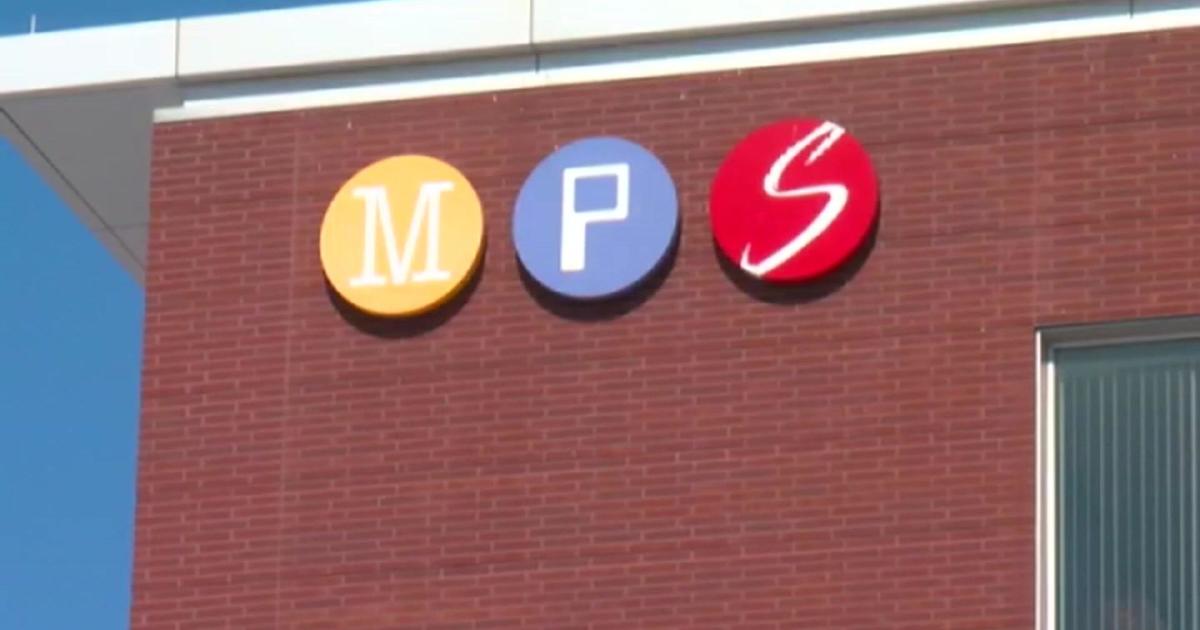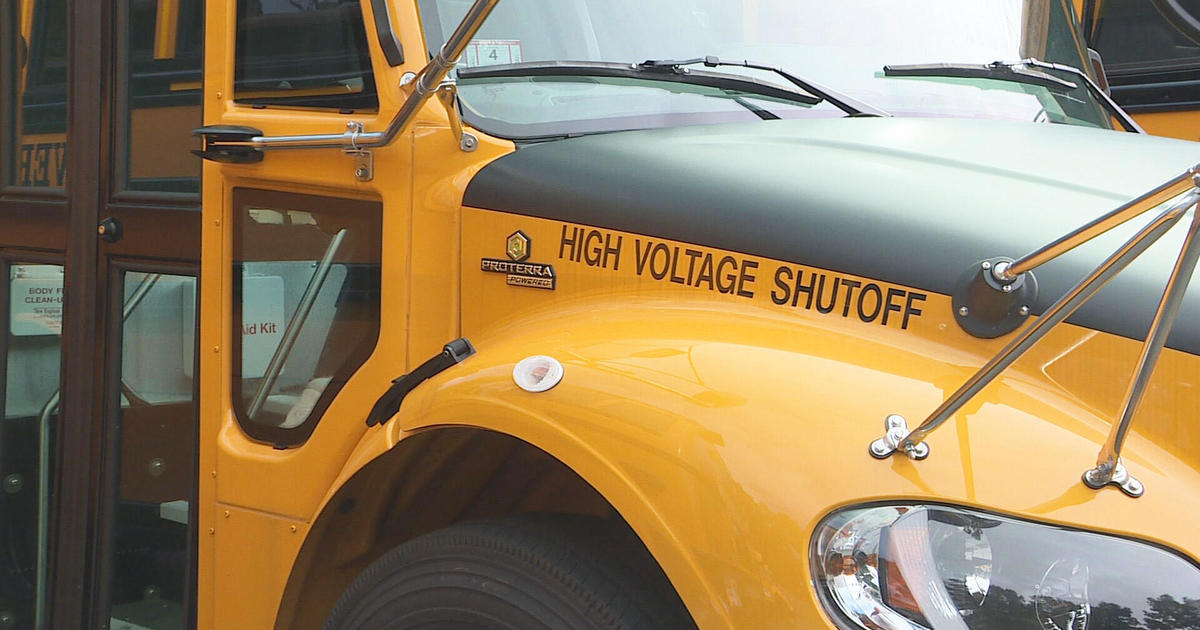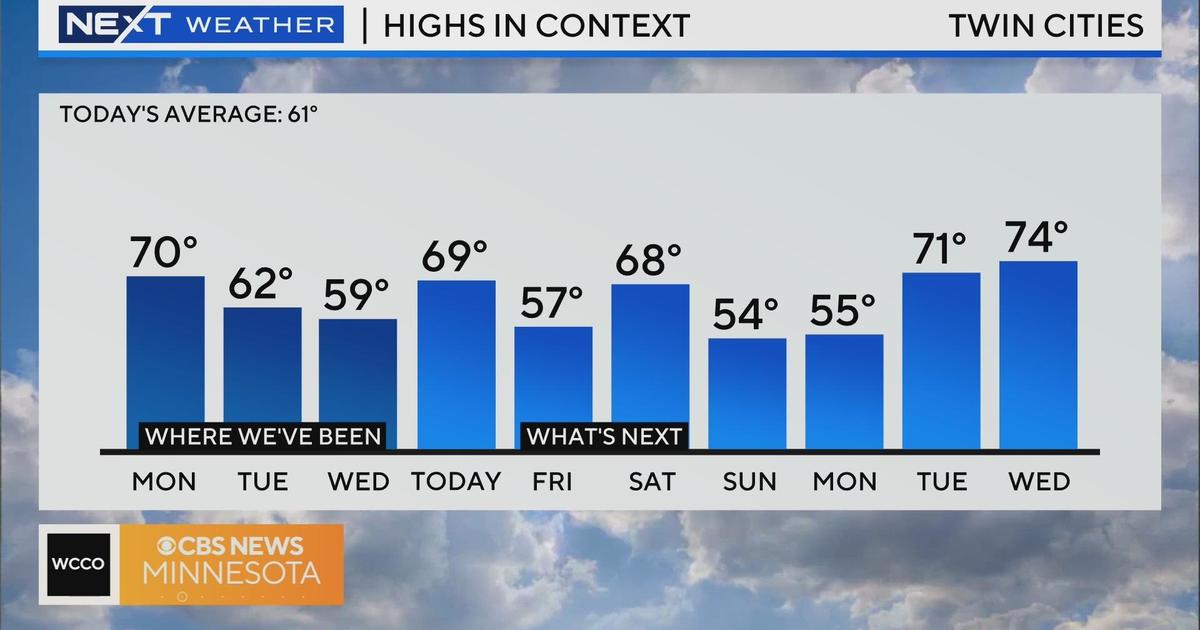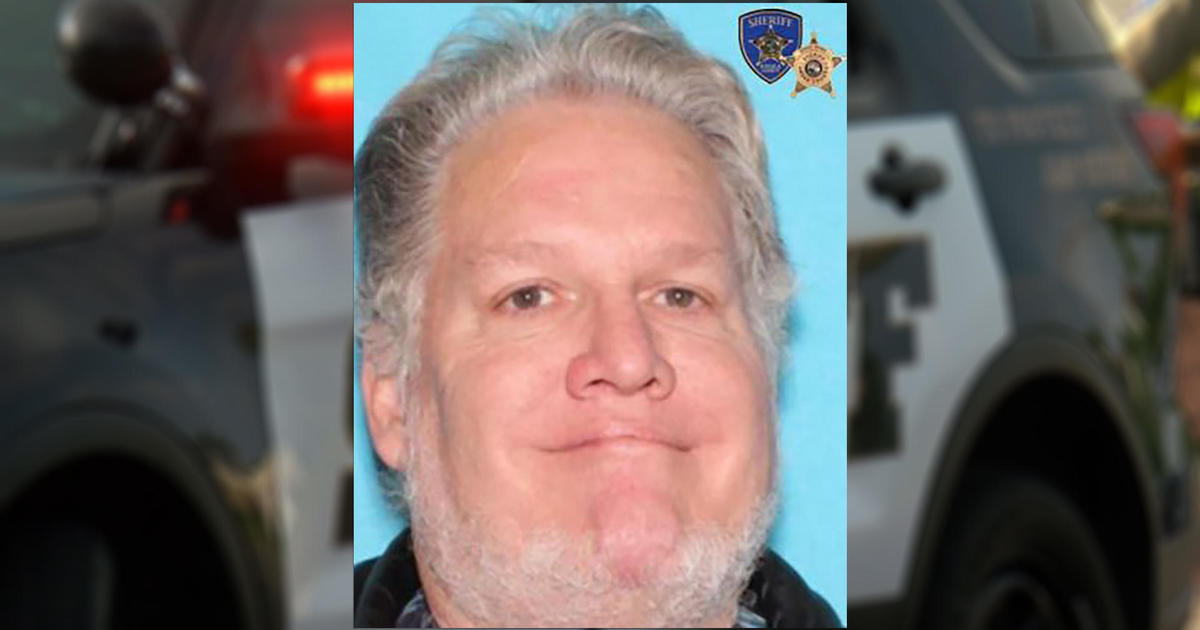How Do Metro Transit Rates Compare To Other Cities?
MINNEAPOLIS (WCCO) -- Plenty of buses go down Nicollet Mall each day. But people taking those and other metro transit rides may soon be paying more.
Lawmakers at the Capitol are contemplating a 25-cent increase in Twin Cities bus and rail fares to help with the state budget deficit.
Last year, ridership on Metro Transit trains and buses exceeded 78 million. That's just the fourth time in 30 years that ridership has exceeded that mark. But the reward for riders may be a chance to pay more.
A 25-cent fare increase could create an extra $6 million a year. And it would put the Twin Cities in interesting company, especially for bus fares.
If the rate increase were to be approved by the legislature, the base fare would go up from $1.75 to $2.00. And perhaps most telling is that the rush hour fee would go from $2.25 to $2.50.
Compare that proposed rush hour fee to other metropolitan cities of roughly the same size:
Portland, Oregon -- riders pay 15 cents less at $2.35
Denver, Colorado -- riders pay 25 cents less at $2.25
New York City -- riders pay 25 cents less at $2.25
While Metro Transit in the Twin Cities has different rates throughout the day, some of those cities have a flat rate all day long.
Riders WCCO's talked to aren't happy about an increase since Twin Cities transit fares are already among the highest 25 percent in the nation.
Gov. Mark Dayton is at least open to the idea, as are many Republicans. They say with the increase in gas prices, it's only fair to ask transit riders to pay a little more.
The proposal was heard on Wednesday in the transportation committee.



